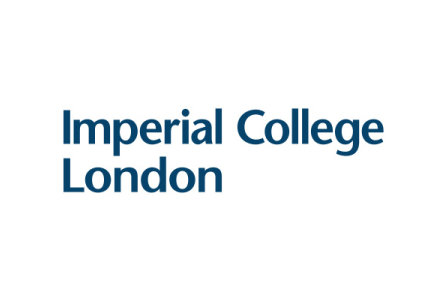Imperial College London: Imperial expert addresses Conservative Party Conference on low-carbon technology
Partnership between government, industry and academia is crucial to delivering a low-carbon future, Conservative Party delegates were told.
Imperial Policy Forum partnered with the Institute for Government for a panel event at the Conference, where Professor Mary Ryan, Vice-Provost (Research and Enterprise) of Imperial College London was joined by Dean Russell MP, junior Minister at the UK Government’s Department for Business, Energy and Industrial Strategy (BEIS) and Dhara Vyas of Energy UK. The panel was chaired by Tom Sasse, Associate Director at the IfG.
Low-carbon leadership: The role of Government and industry
Dean Russell, recently appointed to BEIS, said that it was the Government’s role to support innovative businesses and to provide them with the opportunity and certainty to develop. He thought the new technologies required to achieve Net Zero provided huge opportunities for good jobs across the country and that it was an opportunity the UK was well placed to take advantage of.
View embedded Twitter content
Dhara Varys noted that regulatory certainty was essential for the energy industry to continue to invest in clean power generation. Investment is already taking place, she said, but medium to long-term policy certainty from government would be important in maximising this investment. Recent events had shown the need for the industry to go further faster in reducing reliance on imported gas, and ramping up investment in home-generated energy. She welcomed the Government’s ongoing review of the electricity networks as a way of signalling intent.
The importance of a full systems-led approach to change
Professor Ryan highlighted the need to look at consumer behaviour and the demand side, as well as supply-side reforms. Transitioning to low-carbon energy production would need both social sciences and ‘hard’ science to work together to inform future government policy. Dean Russell said consumer acceptance of electric cars was one example of how consumers could drive change needed.
The talent supply chain is a huge problem… we really need to open up to movement of talent’
Professor Mary Ryan
Vice-Provost (Research and Enterprise)
Professor Ryan also warned that a systems-led approach was required to avoid unintended consequences in one sector of advances made in another. She cited Imperial’s ‘Transition to Net Zero’ programme as the College’s way of working across organisational and disciplinary boundaries and understanding the linkages between energy generation, transport requirements, pollution and waste etc.
The panel agreed that the UK was well placed to lead in a number of different technologies. Professor Ryan cited both wind technology and advanced materials as being areas where the UK had particular expertise. She said that the state had a role to play in the rapid deployment of these key technologies, but also in creating an innovation eco-system that enabled crucial technologies to be de-risked faster and attract investment. Incentivising UK start-ups to stay in the UK rather than moving elsewhere because the regulatory and fundraising environment was better should be a policy priority.
Partnership is the key to delivering meaningful change
Government, industry and academia all have roles to play in ensuring that the UK takes advantages of the opportunities of transitioning to a low-carbon future. They also have responsibilities when it comes to identifying and avoiding the unintended consequences of the transition.
Two issues cited by audience members during the discussion were the supply chains of critical minerals needed for Electric Vehicle batteries and fuel cells, and more creative ways to use waste in (and from) clean energy generation. Dean Russell said that all these areas would be looked at in a new review into Net Zero by former Science Minister, Chris Skidmore, expected to report by the end of the year.

